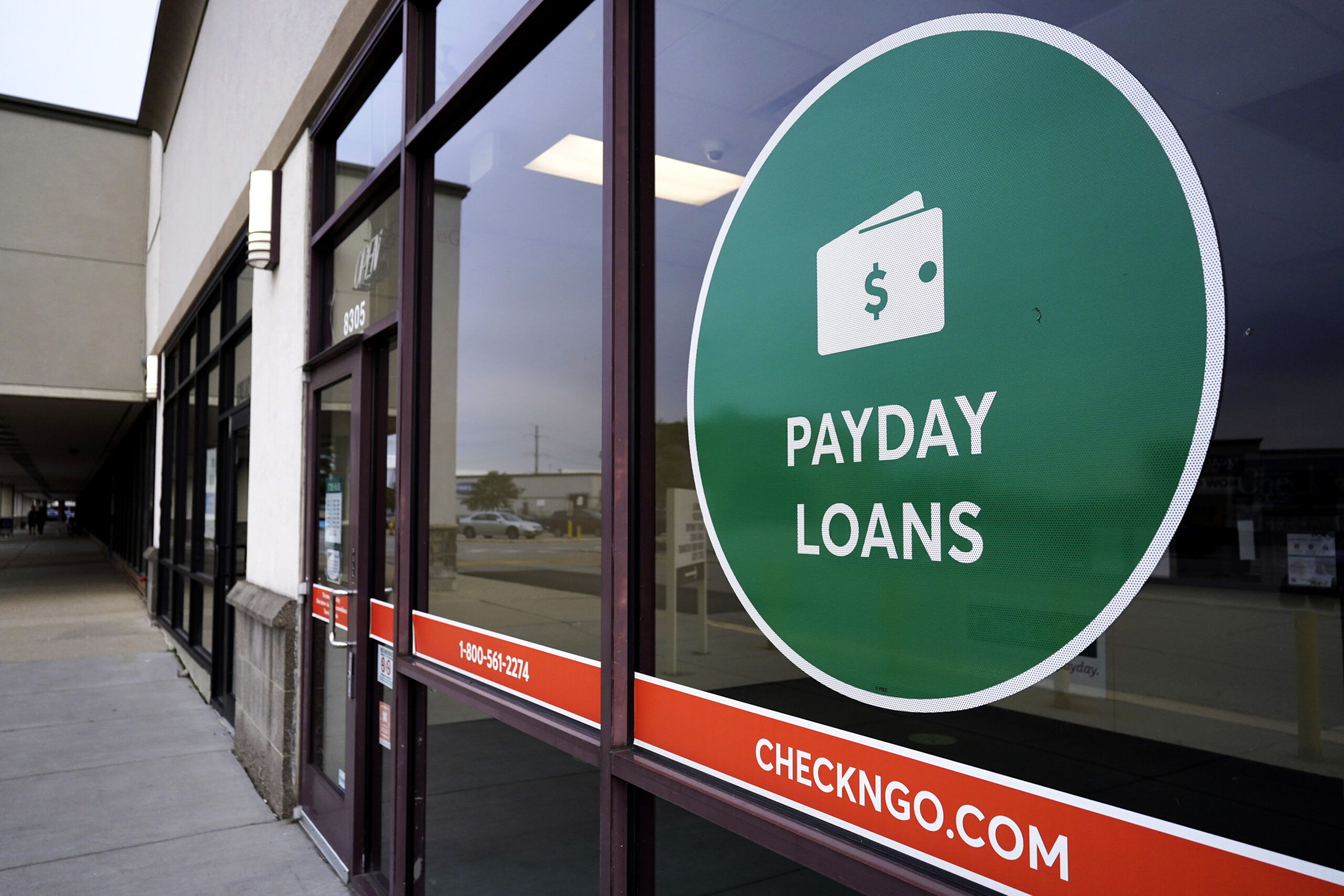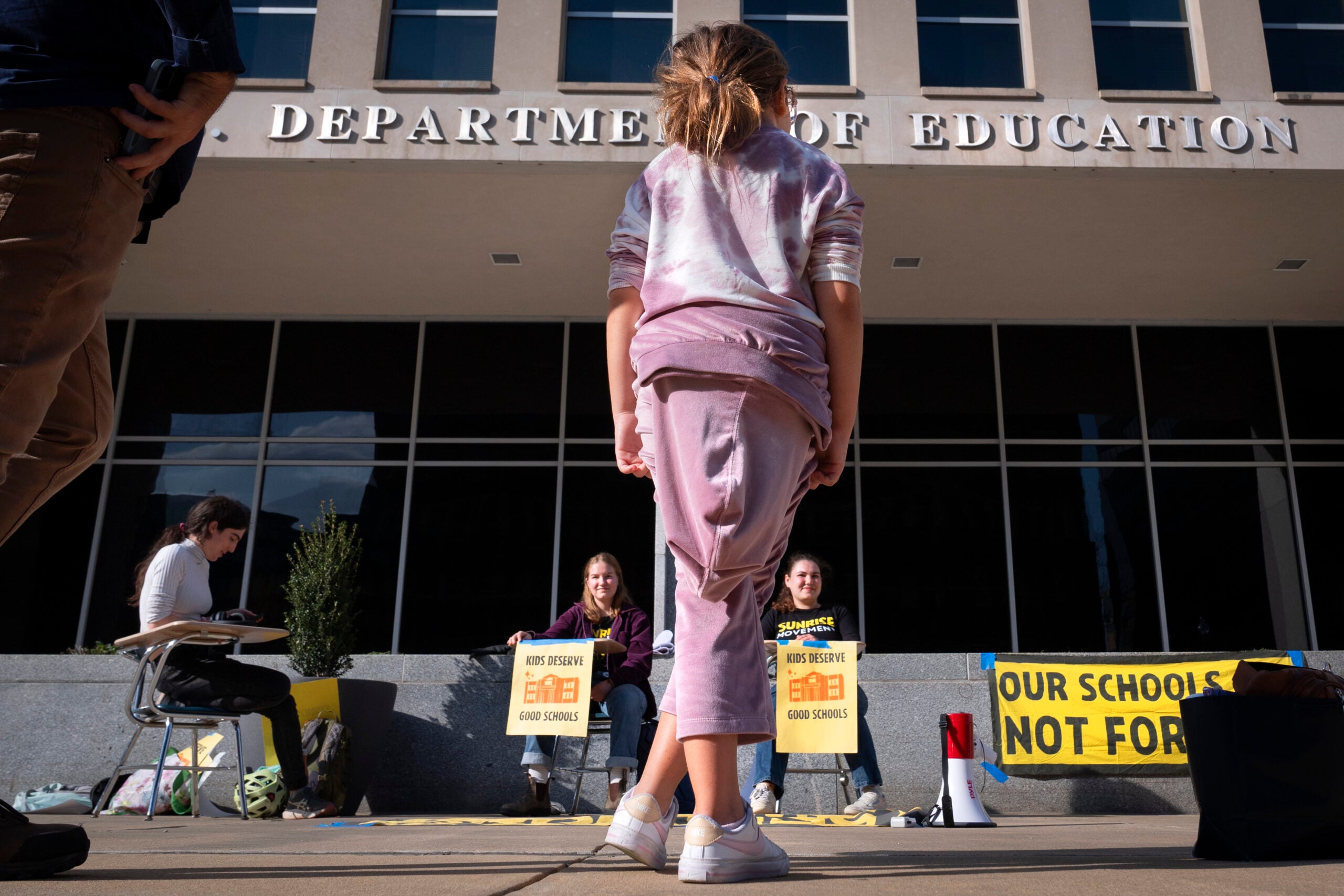Wisconsin residents taking out short-term payday loans face some of the highest costs in the U.S. according to a report from The Pew Charitable Trusts.
A Pew issue brief found that Wisconsinites pay an average of $395 in fees when repaying $500 loans over the course of four months. That works out to an average interest rate of 338 percent.
“Borrowers in states without adequate regulatory safeguards pay only a small fraction of principal in each monthly installment and APRs in the 200s, 300s, or even higher,” said the report. “Pew’s prior research has found that typical payday loan borrowers can afford payments equal to approximately 5% of their income or $125 a month, but high-cost installment loans often require payments that exceed $200 — and even $300 — a month.”
News with a little more humanity
WPR’s “Wisconsin Today” newsletter keeps you connected to the state you love without feeling overwhelmed. No paywall. No agenda. No corporate filter.
Pew compared fees in states like Colorado, Hawaii, Ohio and Virginia that have enacted payday lending reforms with those that have not. On average, the report states residents in reform states pay between $110 and $158 less than those without reforms when repaying $500 loans over four months with interest rates between 114 percent and 144 percent.
“These states’ laws deliver much lower prices, reasonable time to repay, and affordable installments, the three key components of successful reform,” said the report.
Alex Horowitz is a principal officer with Pew’s Consumer Finance Project. He said Wisconsin is one of seven states that doesn’t cap interest rates charged by payday lenders, adding that companies have argued that capping interest rates would put them out of business and limit access to credit. But he said many payday lenders operating in Wisconsin still do business in reform states like Colorado and Ohio.
“The difference is that they charge Wisconsin residents double or triple what they charge in states like Ohio, Virginia, Colorado, Hawaii,” Horowitz said.
The report said that lenders across the U.S. charge the maximum interest rates allowed by state law “and only lower prices where required.”
In April 2021, Wisconsin Republican lawmakers introduced legislation that would cap payday loan interest rates at 36 percent and would make payday loan repayments with higher interest rates unenforceable.
Current Wisconsin statutes don’t include any limits on how much interest payday lenders can charge before a loan matures.
The resolutions failed to pass by the end of the legislative session.
Wisconsin Ethics Commission data show the City of Milwaukee, Outagamie County Board of Supervisors, Wisconsin Credit Union League, Wisconsin Public Interest Research Group and National Association of Social Workers-Wisconsin Chapter registered in support of the reform bills.
The Wisconsin Bankers Association, Cottonwood Financial Ltd. and Axcess Financial Services Inc. registered against the bills capping payday loan interest rates.
Horowitz said legislative reforms in Wisconsin and other states are needed to protect vulnerable borrowers from further financial stress.
“This is an issue that is affecting households who are living paycheck to paycheck,” said Horowitz. “And that’s why we see borrowers who are in dire straits and are accepting interest rates over 300 percent.”
Wisconsin Public Radio, © Copyright 2025, Board of Regents of the University of Wisconsin System and Wisconsin Educational Communications Board.






